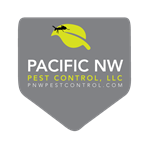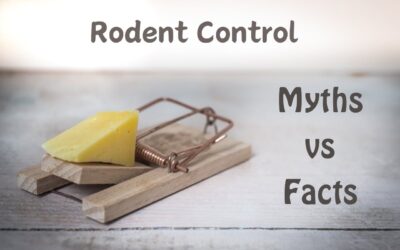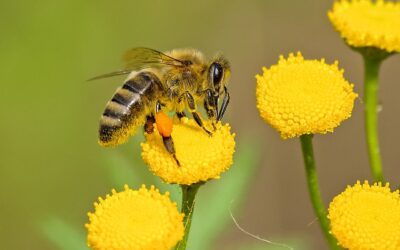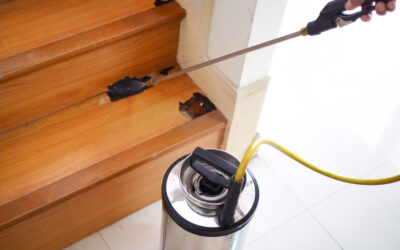Integrated Pest Management (IPM) is a comprehensive and sustainable approach to managing pests that affect crops, landscapes, and ecosystems in the Pacific Northwest (PNW) region. It focuses on utilizing a combination of environmentally-friendly strategies to control pests while minimizing adverse effects on human health, non-target organisms, and the environment. IPM emphasizes prevention, monitoring, and intervention based on sound scientific knowledge, economic considerations, and local ecological factors. In the PNW, IPM has become increasingly essential due to its potential to enhance agricultural productivity, conserve natural resources, and foster a balanced ecosystem.
The Principles of Integrated Pest Management
1. Prevention
The foundation of IPM lies in preventing pest problems before they occur. This involves selecting resistant crop varieties, practicing crop rotation, and implementing appropriate planting and cultivation techniques to create an unfavorable environment for pests to thrive.
2. Monitoring and Identification
Regular monitoring of pest populations and beneficial organisms allows growers to identify potential pest outbreaks promptly. This helps in making informed decisions about the need for intervention and the choice of control measures.
3. Thresholds and Action Levels
IPM in the PNW sets specific thresholds for pest populations. When pest numbers exceed these thresholds, it triggers appropriate actions, ensuring timely and effective pest management.
4. Cultural Practices
Integrated Pest Management encourages the use of cultural practices that enhance plant health and resistance to pests. These practices may include adjusting irrigation schedules, maintaining soil health, and promoting beneficial habitats for natural enemies of pests.
5. Biological Control
Emphasizing natural enemies of pests is a crucial aspect of IPM. By encouraging predators, parasites, and beneficial insects, growers can harness the power of biological control to keep pest populations in check.
6. Mechanical and Physical Control
Physical barriers, traps, and mechanical methods can help manage pests without relying on chemical pesticides. These techniques are particularly useful for specific pests in the PNW, like slugs and snails.
7. Chemical Control as a Last Resort
While chemical pesticides have their place, IPM considers them a last resort. When needed, the selection and application of pesticides should be precise, targeting only the specific pest and minimizing harm to non-target organisms.
The Importance of Integrated Pest Management in the PNW
1 Sustainable Agriculture
IPM plays a vital role in sustainable agriculture in the PNW. By reducing reliance on chemical pesticides, it promotes environmental health, preserves biodiversity, and maintains the integrity of ecosystems.
2. Economic Benefits
IPM helps PNW farmers optimize their yields and minimize crop losses by efficiently managing pest populations. This results in cost savings and increased profitability for growers.
3. Reduced Environmental Impact
Chemical pesticides, if used improperly, can have detrimental effects on the environment, including soil and water contamination and harm to beneficial insects, birds, and aquatic organisms. IPM’s focus on eco-friendly practices helps mitigate these impacts.
4. Preserving Beneficial Organisms
IPM encourages the conservation of beneficial organisms that contribute to natural pest control. This includes predatory insects, pollinators, and soil microbes, all of which play vital roles in maintaining ecosystem balance.
5. Resistance Management
Overreliance on chemical pesticides can lead to pest resistance. IPM’s diversified approach to pest management helps reduce the risk of resistance development and prolongs the effectiveness of available pest control methods.
6. Public Health and Safety
By reducing pesticide usage, Integrated Pest Management protects the health of farmworkers, consumers, and residents in the PNW. It minimizes pesticide residues on food and lowers exposure to potentially harmful chemicals.
7. Adaptability to Local Conditions
The PNW’s diverse geography and climate require customized pest management approaches. IPM allows growers to tailor strategies based on their specific location and the unique challenges they face.
Integrated Pest Management has emerged as a sustainable and environmentally responsible approach to pest control in the Pacific Northwest. By combining various methods that prioritize prevention, natural solutions, and targeted interventions, IPM promotes the long-term health of agricultural ecosystems and supports the region’s biodiversity. Embracing IPM practices not only benefits farmers economically but also contributes to the conservation of the PNW’s natural resources and fosters a healthier and more balanced environment for all its inhabitants.




